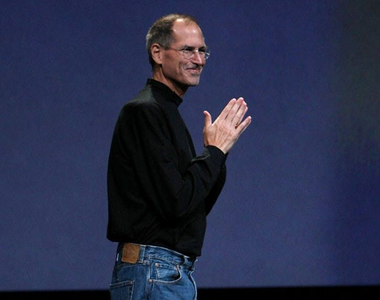
Breakfast has officially been declared "the most important meal of the day," but the best time to eat it still remains a mystery. A simple Google search certainly does not help to get the right answer, although most articles point out that the time between 7 and 8 in the morning, or just an hour after waking up, is the right time to enjoy this meal.
There is evidence that eating a balanced breakfast provides the right doses of energy, improves metabolism, regulates blood sugar levels, improves mood and concentration, and above all, reduces napping during the day between work and other commitments. In short, breakfast is the fuel that the body needs to meet the needs of the day.
According to former athlete Rhian Stephenson, who is also a nutritionist, there is no set schedule for eating breakfast.
"But a good rule of thumb is to leave at least 12 hours between your dinner and breakfast the next day," she says. "So if you've finished eating dinner at 7:30 p.m., you should wait until 7:30 a.m. before you eat breakfast."
Some scientific details
There is a scientific argument for the ideal time of breakfast consumption. We all have a built-in clock, known as a circadian rhythm, i.e. a 24-hour cycle. We also have trillions of bacteria in our digestive tract (collectively called the gut microbiome), which also follow a circadian rhythm. Just like your skin cells and your body, they need to regenerate when you sleep, so it's important to give your microbiome enough time to rest and regenerate.
The importance of what you eat in the morning
But that's not all! What you eat is just as important as when you consume it as a meal. "Eating a breakfast rich in protein, fiber and phytonutrients is key to good health," says Rhian. "This will help regulate blood sugar, energy and eating patterns throughout the day."
Suggested Articles:
Source: Glamour





